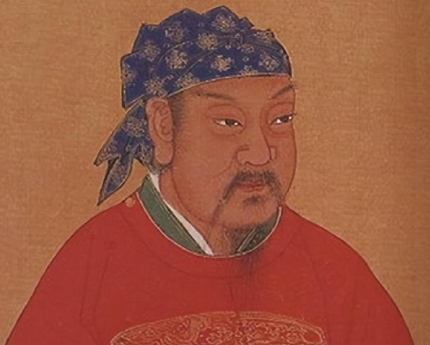Why was it only Qin that could fully unify China among the Seven Warring States? During the Spring and Autumn and Warring States periods in China, various vassal states constantly engaged in battles and mergers, ultimately forming seven powerful countries known as the "Seven Warring States". However, among these seven countries, only Qin was able to ultimately achieve complete unity in China. What were the reasons for this? Firstly, Qin had a significant geographical advantage. Located in the central region of China, it occupied strategically important terrain, with natural fortifications such as the Hangu Pass in the east, the San Pass in the west, the Wugu Pass in the south, and the Xiaoguan Pass in the north, making it easy to defend and control. Additionally, Qin was situated in a highland region with a cold climate and harsh conditions, making it difficult for external enemies to invade, thus providing a secure external environment. Furthermore, Qin was located on a major transportation route, enabling it to control the transportation hub of the Central Plains and thus hold sway over economic, political, and military affairs. Secondly, Qin also stood out in political, economic, and cultural aspects. Politically, Qin adopted Legalist thought and emphasized the establishment of laws and institutions, enabling the country to operate efficiently. Economically, Qin implemented reforms in the land system and taxation system, promoting the development of productive forces and economic prosperity. Culturally, Qin took measures such as "burning books and burying scholars" to establish the status of Legalist thought while also absorbing cultural elements from other countries to create a unique Qin culture. Finally, the successive monarchs of Qin adhered to the concept of "unification" and continuously carried out wars and political reforms. Through the efforts of several generations, including Qin Shi Huang and his predecessors, the dream of unity was ultimately realized. In contrast, the other six countries gradually lost the opportunity for unity due to various factors such as political corruption, internal conflicts, and external pressures. In summary, the reason why Qin was able to fully unify China was determined by its geographical location, political, economic, and cultural advantages. The successive monarchs of Qin adhered to the concept of "unification", continuously carried out wars and political reforms, and ultimately achieved this historical mission. The other six countries, however, missed the opportunity for unity due to various reasons. Therefore, the unity of Qin was not only the result of its own efforts but also a choice and necessity of history.

Disclaimer: The above content is sourced from the internet and the copyright belongs to the original author. If there is any infringement of your original copyright, please inform us and we will delete the relevant content as soon as possible.
































